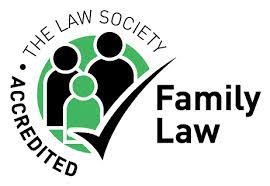This is the point at which both parties become legally committed to proceed with the sale/purchase. Literally, it means the exchange of one copy of the contract signed by the buyer, along with the buyer’s deposit which is sent to the seller’s solicitor, and another copy of the same contract signed by the seller, which is sent to the buyer’s solicitor. From the minute contracts are exchanged, the matter becomes binding. Once contracts are exchanged neither the price nor any other terms can be changed. If either party pulls out after contracts are exchanged, for whatever reason, the one who pulls out would be liable to pay compensation to the other person for any losses they have incurred.











